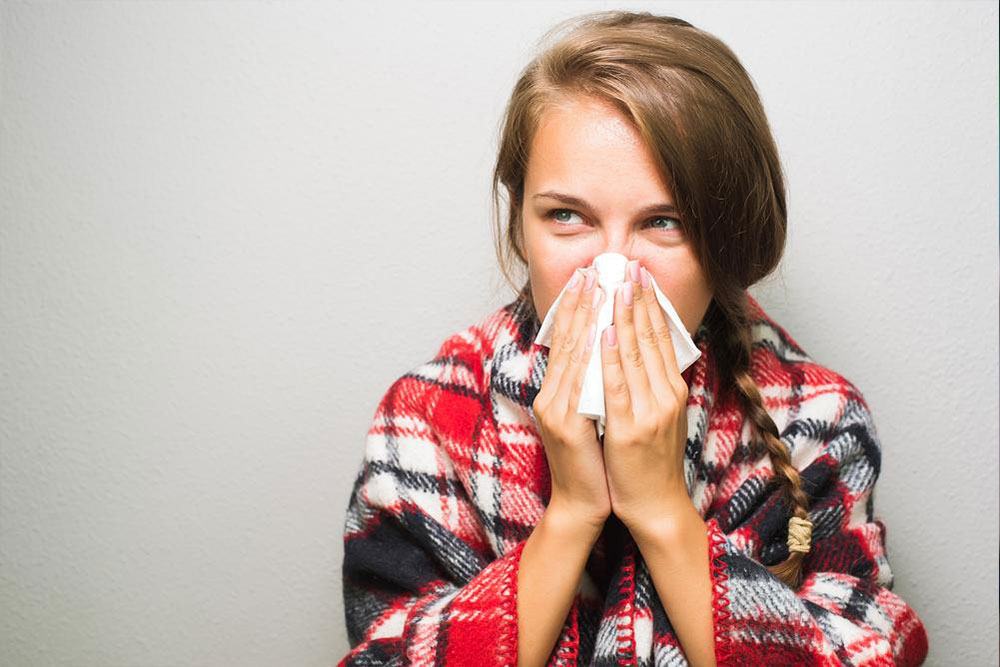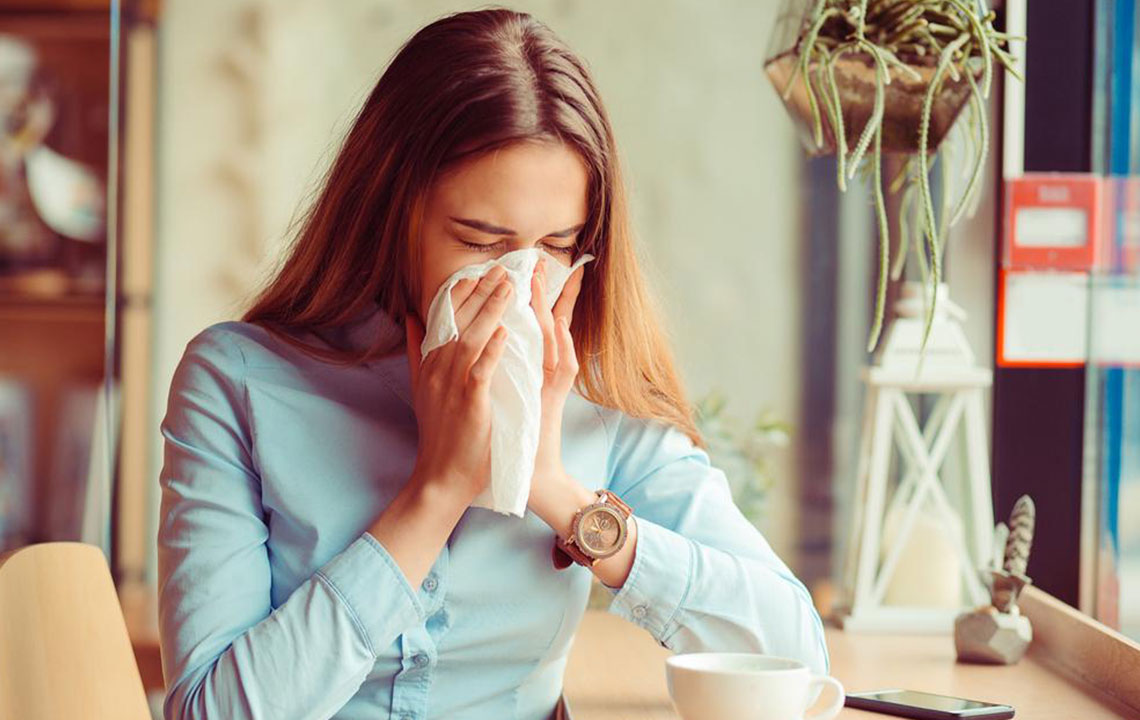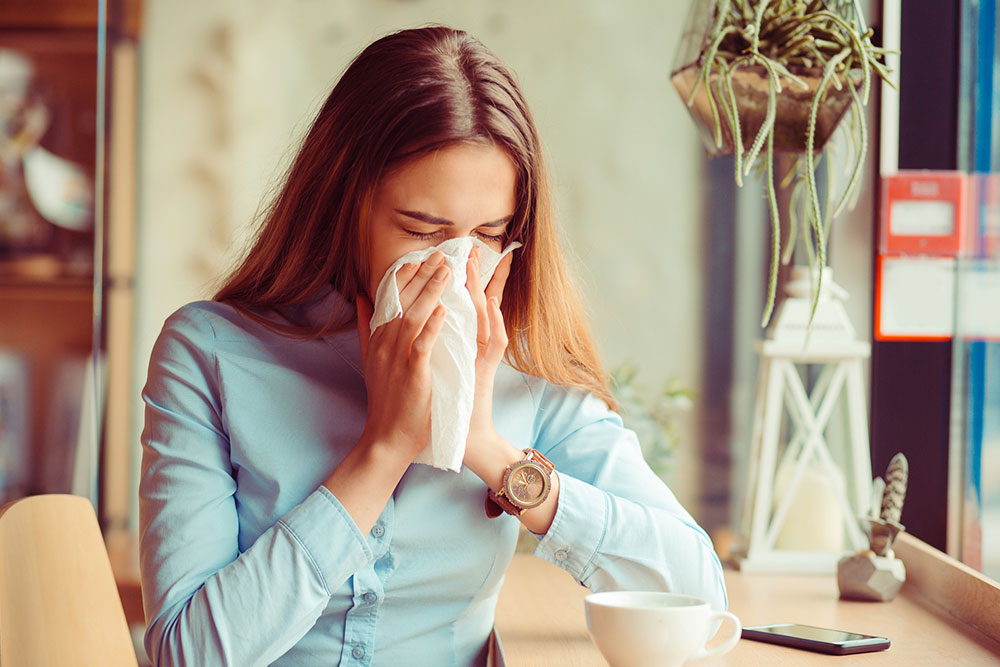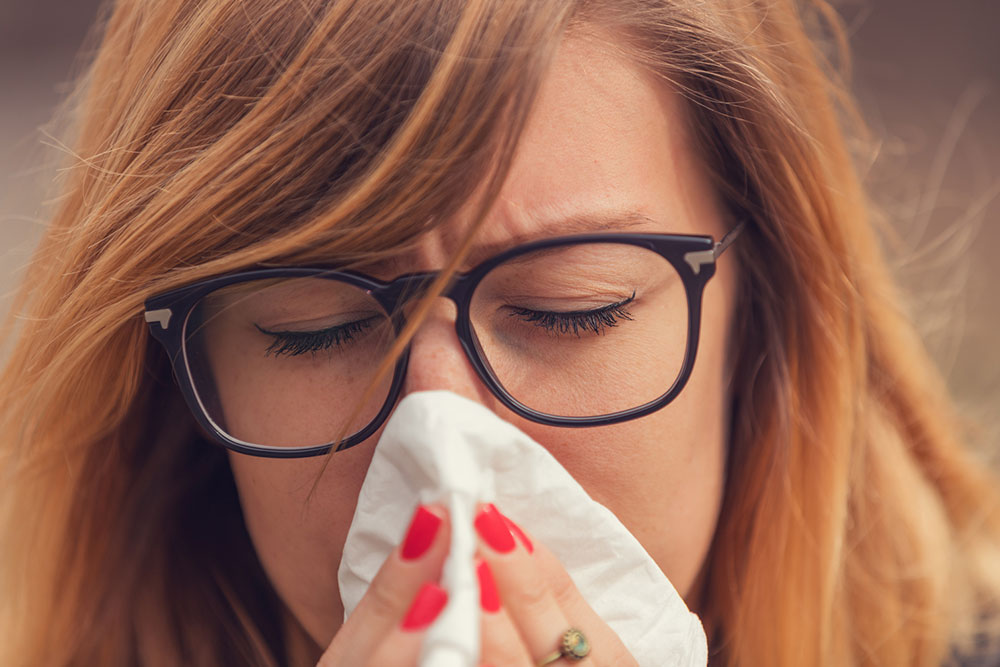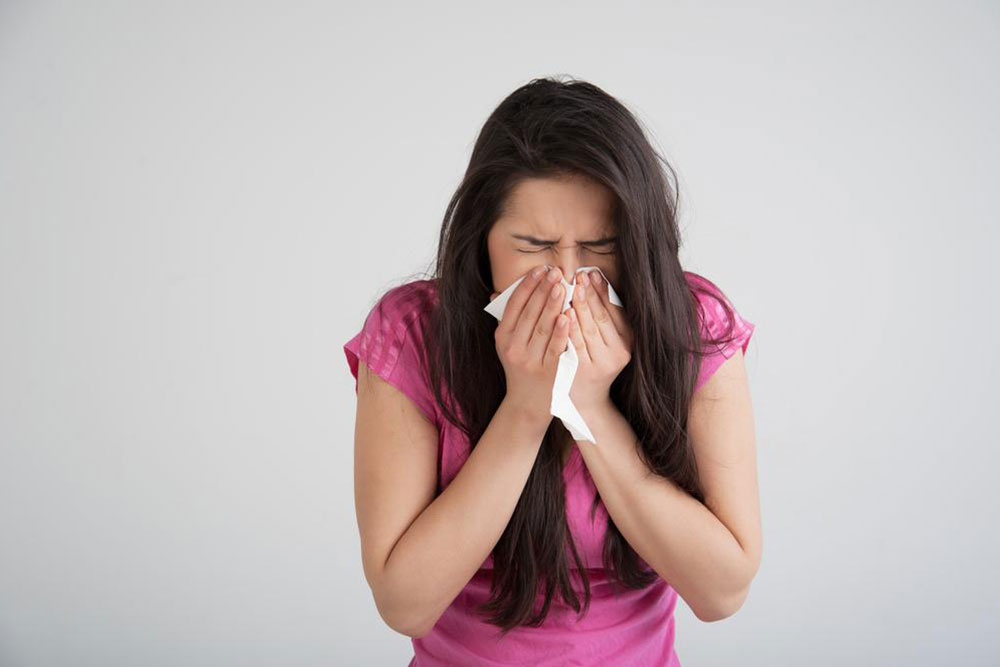Top 5 Effective Remedies for Seasonal Allergy Relief
Discover effective treatments for seasonal allergies, including nasal steroids, antihistamines, decongestants, cromolyn sodium, and immunotherapy. Learn how these medications can help alleviate symptoms like sneezing, nasal congestion, and itchy eyes. Embrace strategies to reduce allergen exposure and strengthen your immune system. This comprehensive guide enables you to manage seasonal allergies effectively, ensuring a more comfortable and active lifestyle during allergy-prone seasons. Stay informed about the latest remedies and tips for allergy relief.
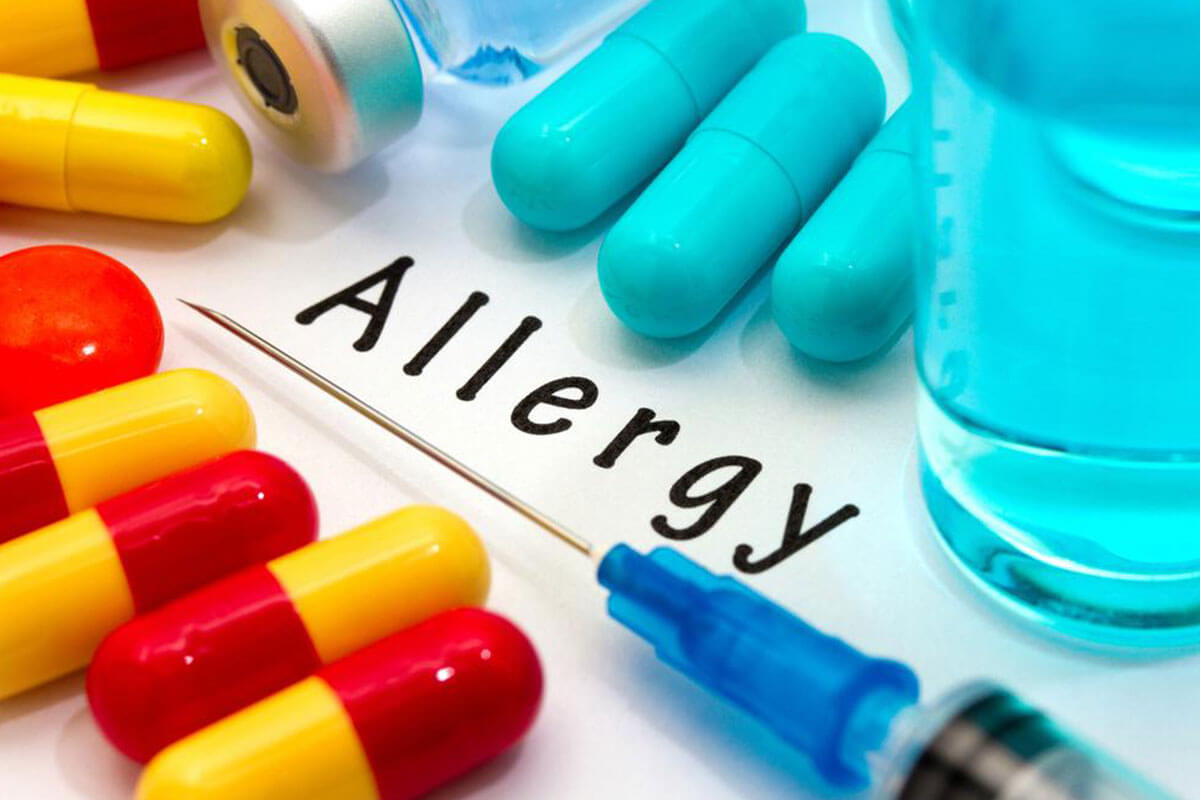
Understanding Common Treatments for Seasonal Allergies
Seasonal allergies can lead to symptoms such as a runny nose, persistent cough, cold-like symptoms, fever, and itchy eyes or nose. Using appropriate allergy medications can significantly alleviate these issues.
In the U.S., approximately 20% of the population experiences seasonal allergic rhinitis, commonly called hay fever. This condition results from exposure to outdoor allergens like pollen, prompting an overreaction by the immune system and causing various symptoms. Since hay fever appears during specific times of the year, its diagnosis is relatively straightforward compared to other allergies.
Symptoms of hay fever include skin rashes, watery eyes, chest tightness, digestive issues, sneezing, coughing, and itching of the eyes, nose, and throat. Besides hay fever, other seasonal allergies can occur depending on environmental triggers. Identifying specific allergens is essential for effective treatment. Climate variations also influence symptom severity. Here are some recommended medications to manage seasonal allergy symptoms effectively and prevent escalation.
Nasal Sprays
Nasal corticosteroids help reduce inflammation in the nasal passages caused by allergens. They are particularly effective during early stages of allergic rhinitis or hay fever. These medications target not only nasal congestion but also other related pathways such as leukotrienes and mast cells, helping control inflammation and relief.
Antihistamines
Antihistamines block histamine effects, a substance released during allergic reactions. Traditionally associated with drowsiness, newer antihistamines are designed to minimize fatigue side effects, offering effective relief without sleepiness.
Decongestants
Decongestants reduce fluid buildup in nasal linings, easing congestion, swelling, and sinus discomfort caused by allergens or infections. Available as nasal sprays like phenylephrine or oxymetazoline, they provide quick relief from nasal blockage.
Cromolyn Sodium
This nasal spray prevents histamine release, reducing allergic reactions and preventing asthma attacks. Used under medical guidance for limited durations, overuse may worsen symptoms, so proper dosage is essential.
Allergy Immunotherapy
For persistent or severe allergies unresponsive to other medications, immunotherapy offers relief. This treatment involves allergy shots that gradually desensitize the immune system by injecting trace amounts of allergens, boosting tolerance over time. The number of sessions varies based on individual needs.
Beyond medications, avoiding known allergens like pollen, mold, or pollution and maintaining a hygienic environment and balanced diet can strengthen immunity. While seasonal allergies might seem minor, they can impair daily activities. Identifying triggers and using suitable remedies can help maintain an active, healthy lifestyle and reduce discomfort.
Note:
Our blog provides diverse, practical insights across multiple topics. While the information is sourced from extensive research, it should not be viewed as a definitive medical guide. Users should consult healthcare professionals for diagnosis and treatment options. The website is not responsible for discrepancies or missed offers that may be more beneficial for readers.

